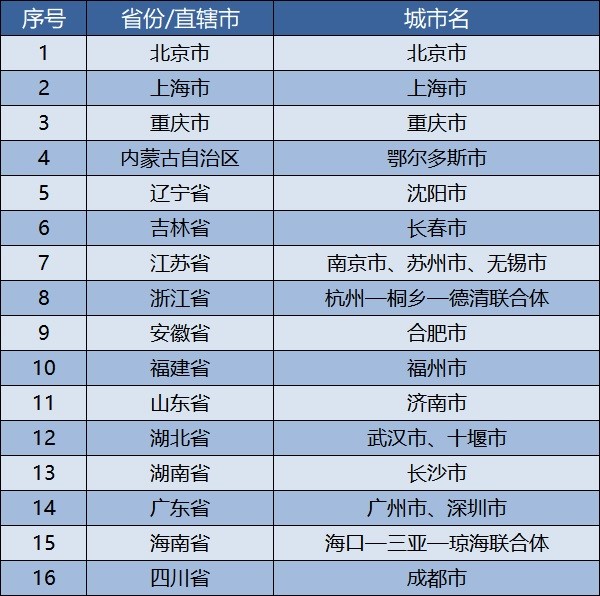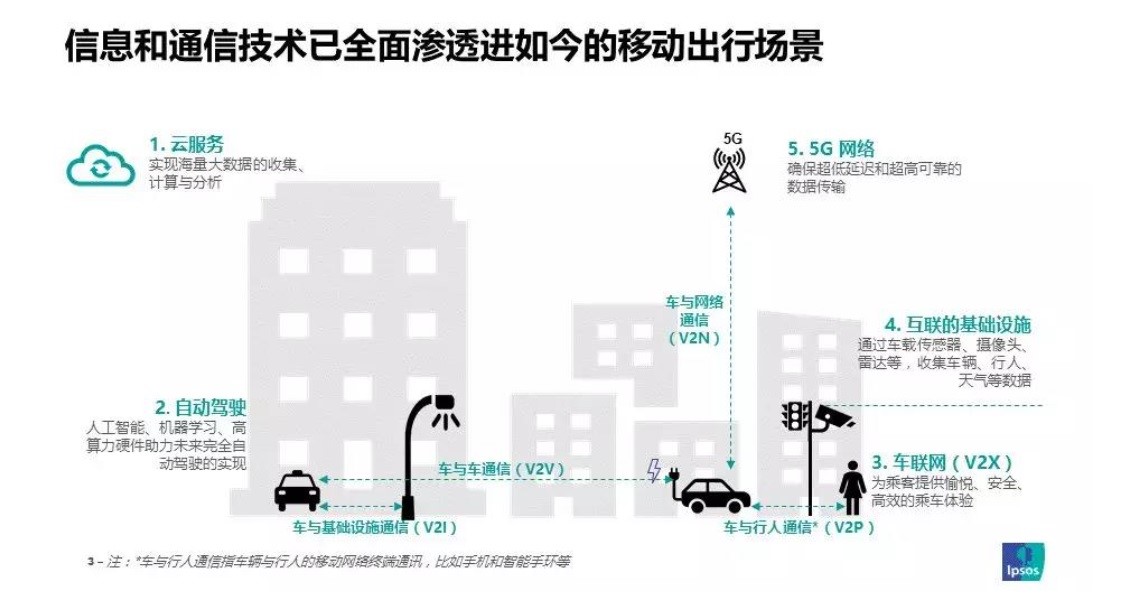With the Ministry of Industry and Information Technology, the Ministry of Public Security, the Ministry of Natural Resources, the Ministry of Housing and Urban-Rural Development, and the Ministry of Transport jointly releasing the "List of Pilot Cities for the Application of Intelligent Connected Vehicles", China has taken a solid step in the field of smart transportation. The determination of the 20 pilot cities is not only an affirmation of ICV technology, but also a clear guide for the future direction of the industry.
As an important carrier of a new round of scientific and technological revolution and industrial transformation, the development level of intelligent networked vehicles has become an important symbol to measure a country's scientific and technological innovation and industrial competitiveness. China's policy layout aims to form a replicable and promotable intelligent networked vehicle development model through pilot exploration, and promote the deep integration of the automobile industry with smart cities and intelligent transportation.

Figure: List of 20 pilot cities in China for intelligent networked vehicles
Technical details and real-world challenges
Intelligent networked vehicles involve key technologies such as vehicle-road coordination, 5G communication, and C-V2X. For example, the low latency of 5G technology makes it possible to realize real-time communication between vehicles and vehicles. However, the widespread application of technology also faces challenges such as data security and network stability. According to the report of "36Kr Research Institute", the scale of the intelligent networked vehicle industry is expected to grow from 165.6 billion yuan in 2019 to 1,312.04 billion yuan in 2024, with a compound annual growth rate of more than 50%, which reflects the rapid development and huge potential of the industry.

Figure: Demonstration of China's intelligent connected car scene
Collaboration and innovation of the industrial chain
The development of intelligent networked vehicles has driven the collaborative innovation of the upstream and downstream industry chains. From perception systems, control systems to communication systems, and then to downstream vehicle manufacturing, every link of the industrial chain is constantly innovating and improving. For example, data from Gaogong Intelligent Vehicles shows that from January to March 2023, the penetration rate of L2 autonomous driving passenger cars reached 33.4%, which shows that the intelligent functions of intelligent networked vehicles are gradually becoming the mainstream of the market.
The exemplary role and experience accumulation of pilot cities
The pilot cities will undertake the important task of exploring a new business model of "vehicle-road-cloud integration" and improving the standards and testing and evaluation system. Through the pilot, valuable experience can be accumulated and provided as a reference for nationwide promotion. For example, Shenzhen, as a pioneer in intelligent networked vehicles, has issued regulations to provide regulatory support for the commercial application of Level 3 autonomous driving.
The importance of data security and regulatory support
With the development of the intelligent networked vehicle industry, data security issues are becoming increasingly prominent. How to realize the sharing and utilization of data under the premise of ensuring data security is a new challenge for the development of the industry. In addition, the improvement of relevant laws and regulations is also the key to ensuring the healthy development of intelligent networked vehicles. For example, the establishment of a mechanism for the study and judgment of safety incidents such as traffic violations, traffic accidents, and abnormal intervention by safety officers is an important measure to improve road safety.
As an observer of intelligent transportation, China Exportsemi Net believes that the development of intelligent networked vehicles is not only a breakthrough at the technical level, but also a profound change in urban management, transportation planning and even social lifestyle. The success of the pilot cities will have a significant impact on China's competitiveness in the global ICV industry. Looking to the future, the commercialization of intelligent networked vehicles will become an important criterion for measuring the competitiveness of enterprises. At the same time, the improvement of data security and regulations will be the key to ensuring the healthy and sustainable development of the industry.
Epilogue
The identification of pilot cities for the application of "vehicle-road-cloud integration" for intelligent networked vehicles is an important milestone in the transformation and upgrading of China's automobile industry. Through the exemplary role of the pilot cities, China Exportsemi Net looks forward to exploring more feasible business models, promoting the healthy development of the intelligent networked vehicle industry, and contributing to the realization of the dream of becoming a transportation power. With the continuous maturity of technology and the continuous promotion of policies, we have reason to believe that intelligent networked vehicles will bring a safer, more convenient and more comfortable experience to people's travel.






